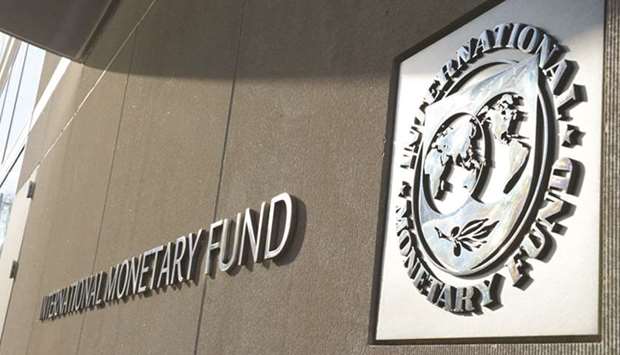The International Monetary Fund (IMF) board has approved a new $172 million loan programme for Sierra Leone to help the West African country combat rising inflation and lacklustre economic growth.
The 43-month agreement follows a previous $240 million financing plan that was suspended in February over foot-dragging on reforms such as taxing luxury car imports, and removing subsidies on fuel and rice.
‘The objectives of the previous program remain appropriate, but circumstances call for a recalibration,’ the IMF said in statement.
‘The main objectives of the current program are to safeguard macroeconomic stability, deepen structural reforms, and advance the country's education for development and poverty reduction agendas.’
Representatives of Sierra Leone's finance ministry and central bank did not immediately respond to requests for comment.
After recovering from a civil war ending in 2002, the country saw impressive growth but its economy was then battered by an Ebola epidemic and falling commodity prices. Economic growth has declined from 6.3 percent in 2016 to an estimated 3.75 percent this year.
The IMF has reclassified Sierra Leone as a ‘high risk’ for debt distress as a result of the economic slowdown.
As a part of its deal with the Fund, the finance ministry and central bank have signed a memorandum of understanding that the new government, elected in April, will cooperate with IMF conditions in terms of budget spending and accounting.
‘The economic environment remains challenging, with output growth still recovering from the recent loss in iron ore mining and reduced activity in the non-mining sectors,’ IMF representative Brian Aitken said during a visit to Sierra Leone in October.
Aitken added that Sierra Leone's growth is unlikely to pass 4 percent this year, warning that inflation remained high at 18 percent.

